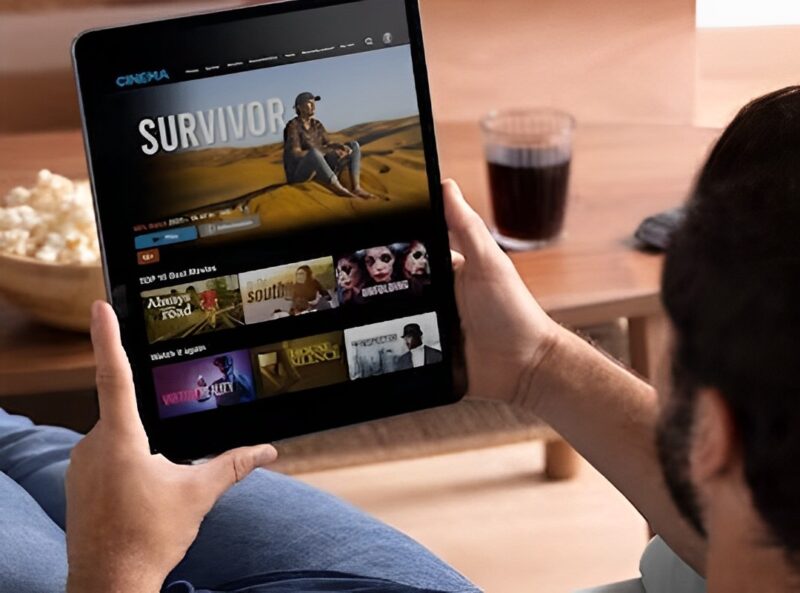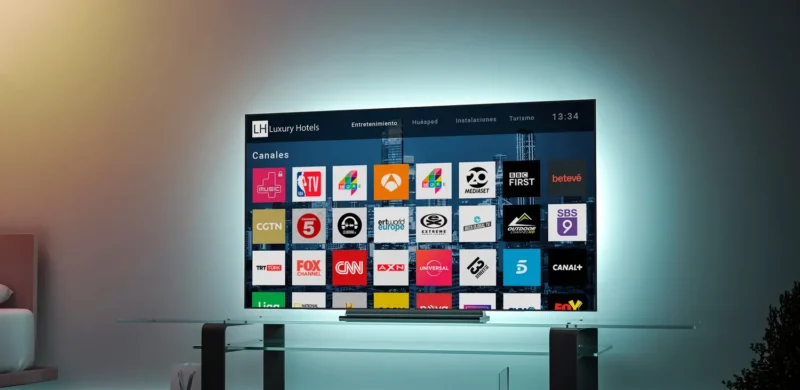Deciding between internet-based TV and cable can be challenging, especially with both offering distinct advantages. For some households, traditional cable remains the go-to for reliability, while others find the flexibility of internet-based TV far more appealing. Here is a direct comparison to help you determine which option suits your home.
Cost Comparison
Internet-based TV is often the more affordable option. Most platforms operate on monthly subscriptions without hidden fees for installation or equipment rentals. In contrast, cable frequently requires long-term contracts and includes charges for set-top boxes, DVR services, and premium channels. These additional costs can make cable significantly more expensive over time.
For those on a budget, internet-based services allow you to pay only for what you watch, avoiding bundled channels that you might never use. The flexibility in pricing makes this option attractive to households trying to reduce their entertainment expenses.
Content Variety

Internet-based TV offers access to a wider range of content, from global programming to niche genres. On-demand libraries allow viewers to binge-watch entire seasons or explore exclusive series that are unavailable on cable. This level of customization makes it easier to tailor your viewing experience. If you are looking for a well-known online streaming provider, check out IPTV Nordic.
Cable provides a fixed set of channels based on the package you choose. While it offers reliable access to live sports, news, and local programming, it often lacks the depth and variety of internet-based services. For households with specific content preferences, the latter might be the better choice.
Flexibility and Convenience
Internet-based TV outshines cable in terms of convenience. You can stream content on multiple devices, whether it is a smart TV, tablet, or smartphone. On-demand access allows viewers to watch their favorite programs at any time, making it ideal for busy schedules.
Cable services, while reliable, are often limited to a single television. Recording devices like DVRs are necessary to watch programs at your convenience, which adds complexity and cost. For families who value portability and device compatibility, internet-based services provide unmatched flexibility.
Reliability and Performance

Cable is known for its consistent performance. Since it does not rely on broadband connections, it is unaffected by internet speed fluctuations or outages. This makes it a reliable choice for live events like sports or news broadcasts, especially in areas with unstable internet.
Internet-based TV depends entirely on your broadband connection. Poor speeds can lead to buffering, reduced picture quality, or interruptions. For households with reliable high-speed internet, these issues are minimal, but in rural areas or regions with limited connectivity, cable might be the safer choice.
Which Should You Choose?

For those who value cost savings, content variety, and flexibility, internet-based TV is the clear winner. Its on-demand access and ability to stream across multiple devices cater to modern lifestyles. On the other hand, if reliability and access to local or live programming are priorities, cable remains a strong contender.
Conclusion
When deciding between internet-based TV and cable, it’s also worth considering the variety of TV shows available on each platform. Internet-based TV services often provide a vast library of on-demand shows, original series, and flexible viewing options, allowing you to watch your favorite programs anytime, anywhere.
Cable TV, on the other hand, offers a more traditional approach with access to live programming and extensive channel bundles, including specialized networks. If you prioritize the latest streaming exclusives and the freedom to binge-watch, internet-based options might be ideal. For those who enjoy live events, sports, or news in real-time, cable can be a better fit.


